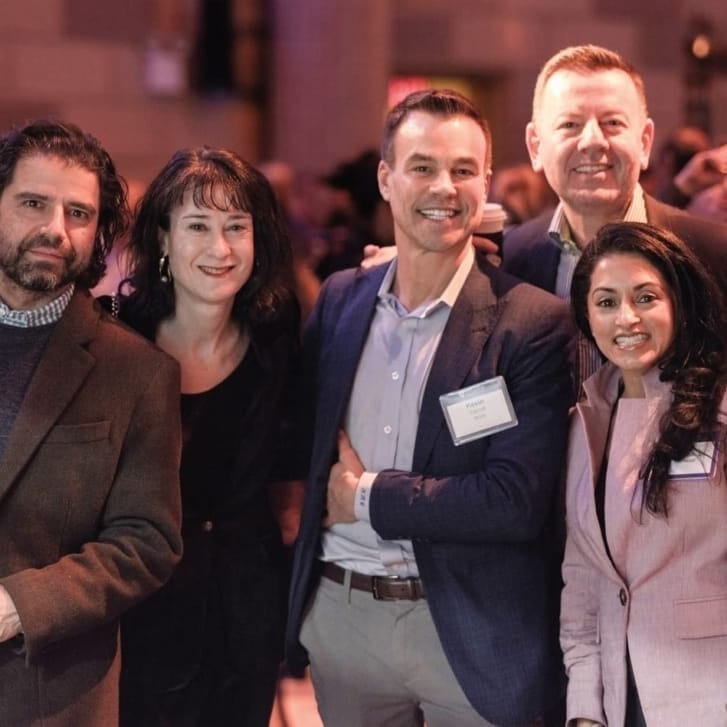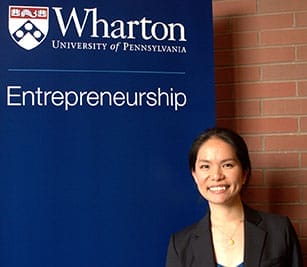Business plan competitions are a powerful way to hone your strategy and pitch, gather feedback, and potentially win recognition and early support for your venture. Until recently, these benefits were largely confined to traditional business plans, not social enterprises. That pattern is starting to change, and this year Wharton launched their first Social Impact Prize. Here’s the twist—at most schools, prizes like this are a unique track, just for social enterprises. At Wharton, the Social Impact Prize is integrated into the overall Wharton Business Plan Competition, meaning that an enterprise has to compete on both business terms and social impact terms. A tough bar, but a great challenge to entrepreneurs.
I had the chance to be a judge for this first competition and saw an extremely impressive set of finalists. The winner we ultimately chose was a startup called DanaCita, founded by second-year Wharton MBA student Susli Lie, which will focus on offering student loans to a developing-world population that currently has little to no access to financing for higher education. It’s an enterprise that can be profitable and can have a profound impact.
This approach hints at a revolution that is taking place in the social impact world. Traditionally, new businesses are not focused on their social impact—they’re focused on survival, on beating the odds to build a viable enterprise. Maybe when they’re profitable and comfortable, or for those special few that go public, they’ll set up a foundation and begin some charitable activity.
That traditional approach is changing rapidly—for-profit businesses are being founded with social impact strategies built into their core. Sometimes they’re building charity into their model, as Salesforce.com famously did with their model of donating employee time, products and profit from the start. Other companies are taking it even farther: not only are they incorporating charitable giving, they’re designing their core strategy to have social impact.
I hope this is the way of the future, with new startups beginning with a social impact goal from the very start. It doesn’t mean that nonprofits won’t have a key role to play; there are many areas where no market exists to create revenue for a given service, and so philanthropy must continue to fill those gaps. But for many areas, a for-profit structure enables tremendous impact. If the quality of the business plans up for the Wharton Social Impact Prize is any indication, we’re only just beginning to see the potential for “startup philanthropy.”
The other WBPC Social Impact Prize judges were:
Christopher Bentley, principal, Sustain VC and Manager, Investors Circle, Philadelphia
Ami Dalal, C’99, W’99, WG’05, social financial services, Ashoka
Bob Hornsby WG’00, managing partner, JOBOMAX Global Ltd.
Goldie Shturman, WG’09, investment officer, Inter-American Investment Corporation
Editor’s note: This blog originally appeared on the Wharton Entrepreneurship blog on Apr. 18, 2014.


























